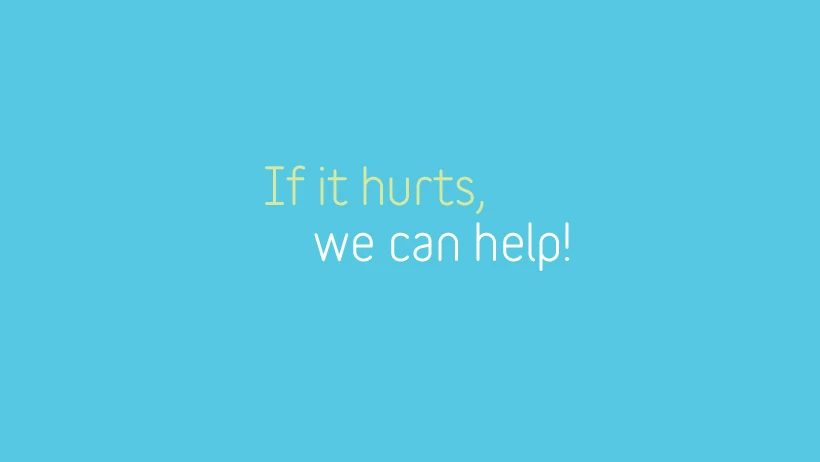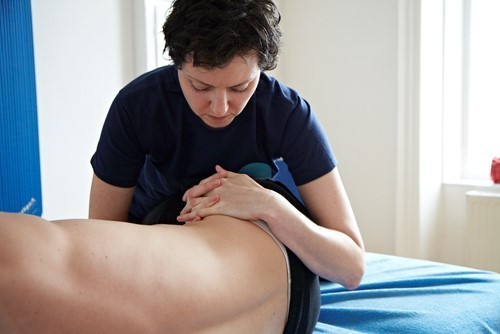While we are able to stretch certain body parts ourselves, there are times when it is more beneficial to have a little assistance.
Why choose assisted stretching methods?
A great positive about some assisted stretching exercises is that they can often be simply performed by an individual once prescribed and taught, however there are types of stretching which require assistance from a Physiotherapist. More complex types of stretching called muscle energy techniques which use the contraction of a muscle to increase its flexibility can in certain circumstances have quicker results than standard passive stretching.
When we feel tightness or pain in our body, we often feel the need to stretch in order to relieve our symptoms. This is a good instinct! Stretching can help to relieve tight pain, as well as increasing the movement in our body. However, there are numerous reasons why we may feel tight, stiff and restricted and would therefore be beneficial to seek professional advice before continuing.
A reduction in range of motion in the body is typically due to either a restriction in the joint or an increase in tension of the muscle. Also, other issues such as weakness or a history of serious pathology could cause significant restriction. A structured programme of stretching has been shown in a majority of cases to increase the range of movement in the body where the restriction is caused by soft tissue tightness such as muscular restriction.
At times, there is a danger in wanting to be as stretched as possible, however, it is actually important for us to have SOME tension in our muscles. It is also natural for some muscles to be shorter and tighter than others and part of this is determined by our activities and needs. What is important is to address areas of the body where a restriction in movement is likely resulting in pain, discomfort or a loss of function.
A Physiotherapist will be able to perform an assessment to determine the likely cause of any restriction in movement, as well as to analyse whether these restrictions are detrimental to health and function, working out how best to resolve them if required. There are numerous types of stretching techniques, including static, dynamic and contraction based stretches. The type which is appropriate for your needs is dependent on multiple unique factors which will be determined during assessment.
Overall, if used appropriately, assisted stretching can be an incredibly beneficial exercise and the right guidance from a Physiotherapist can ensure that you get the most from it.
If you have any questions or queries, please reach out to our experts for FREE using our online service. Alternatively, you may call us on 01282 453 110 to book in with a therapist.























